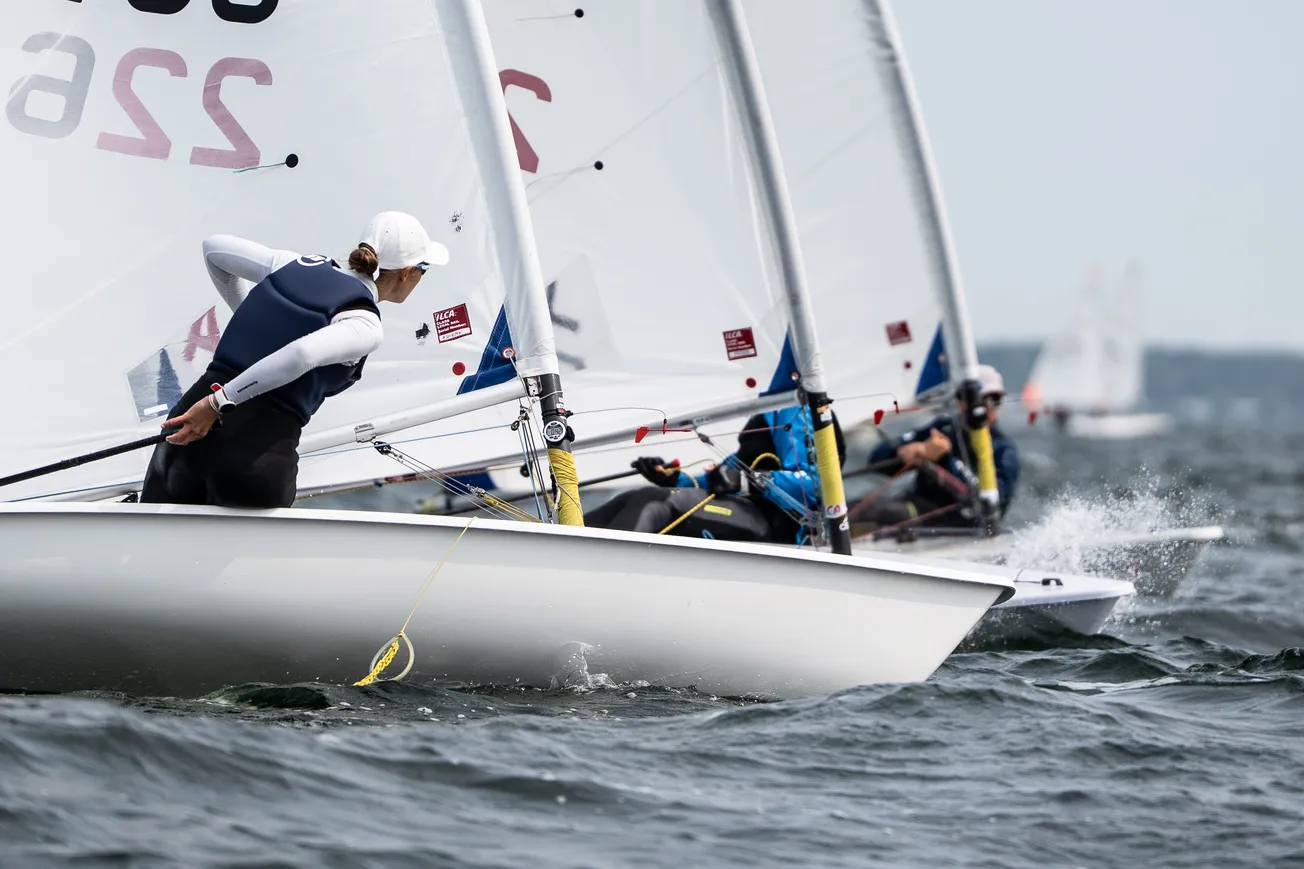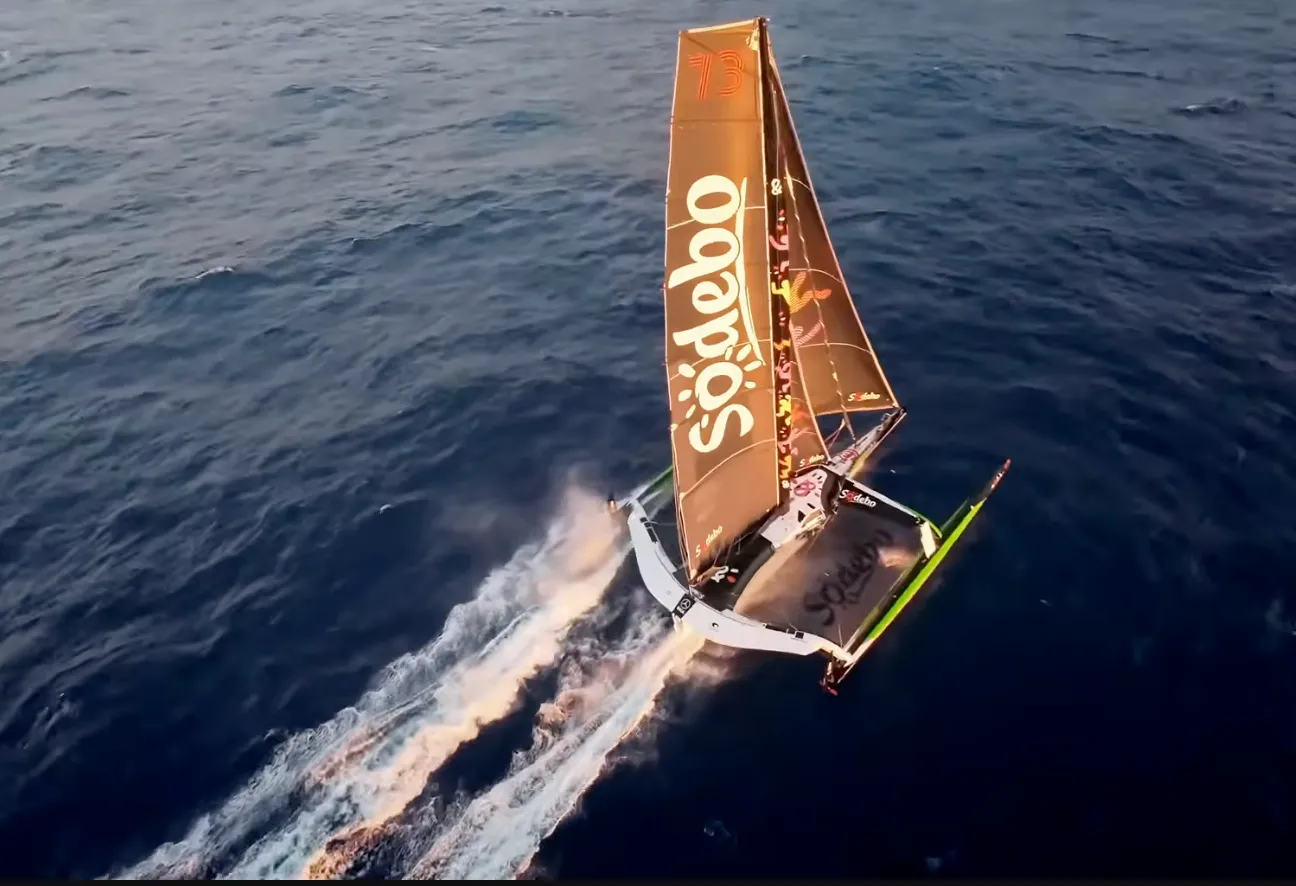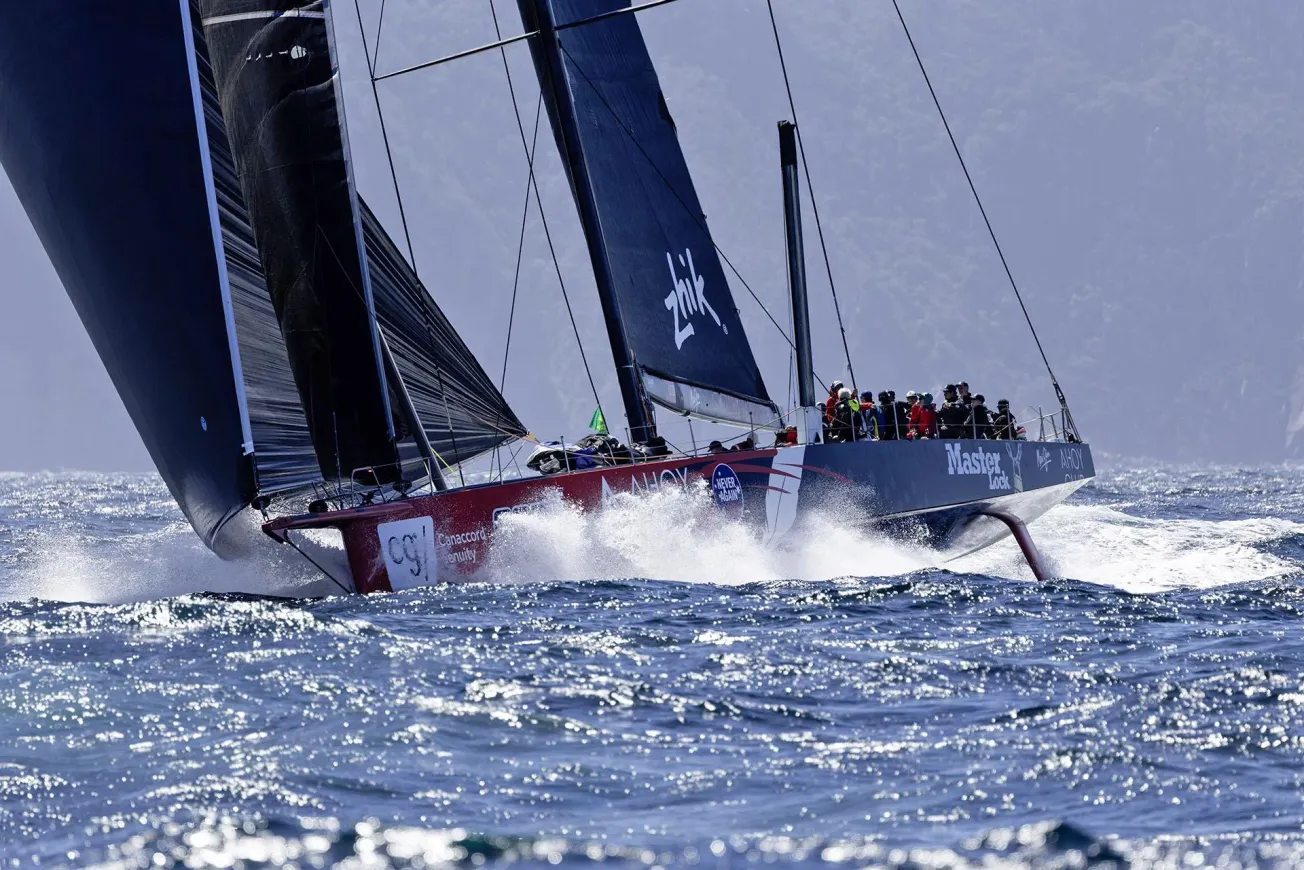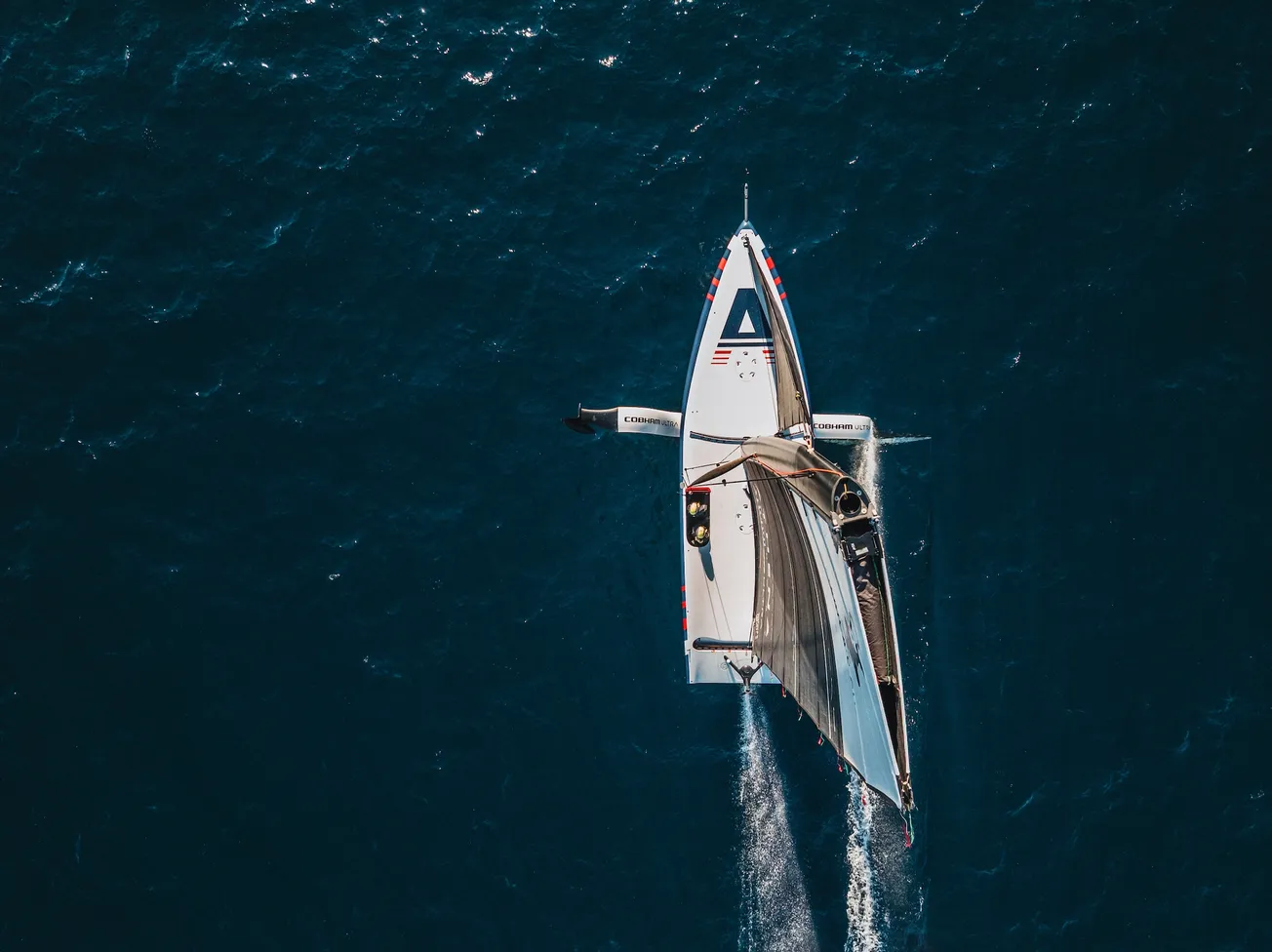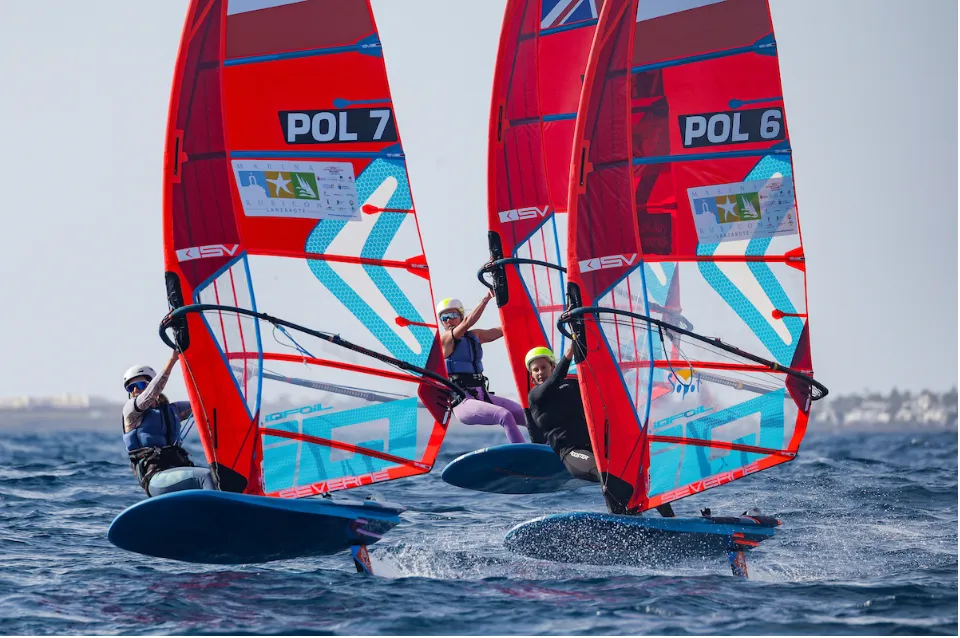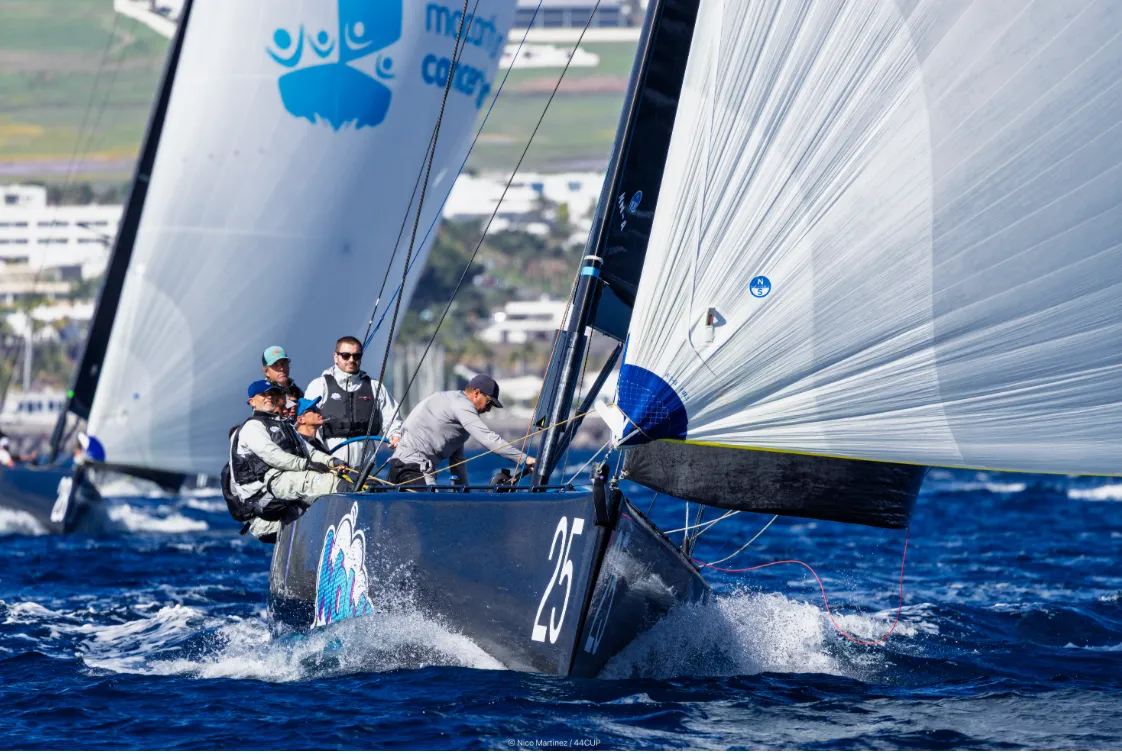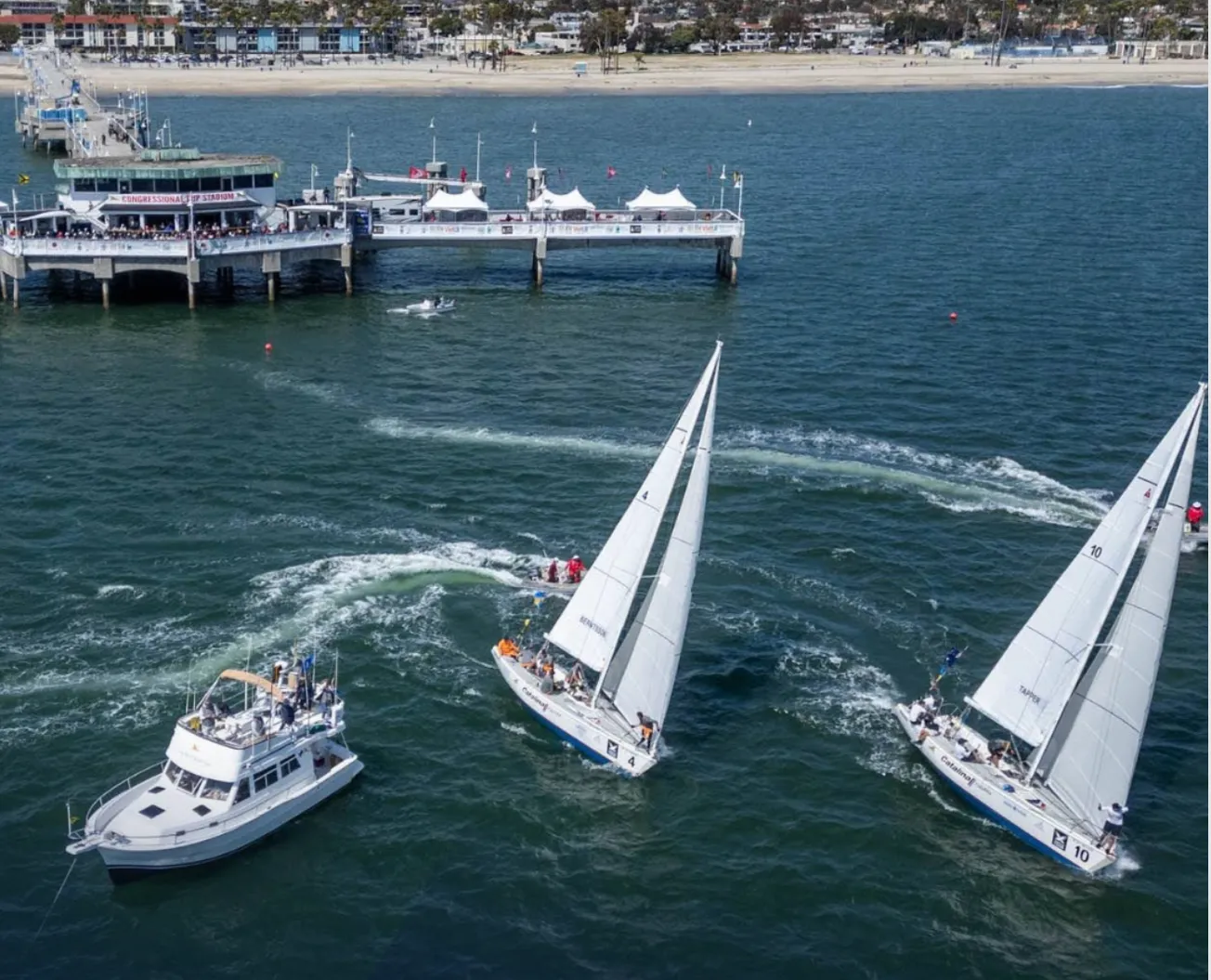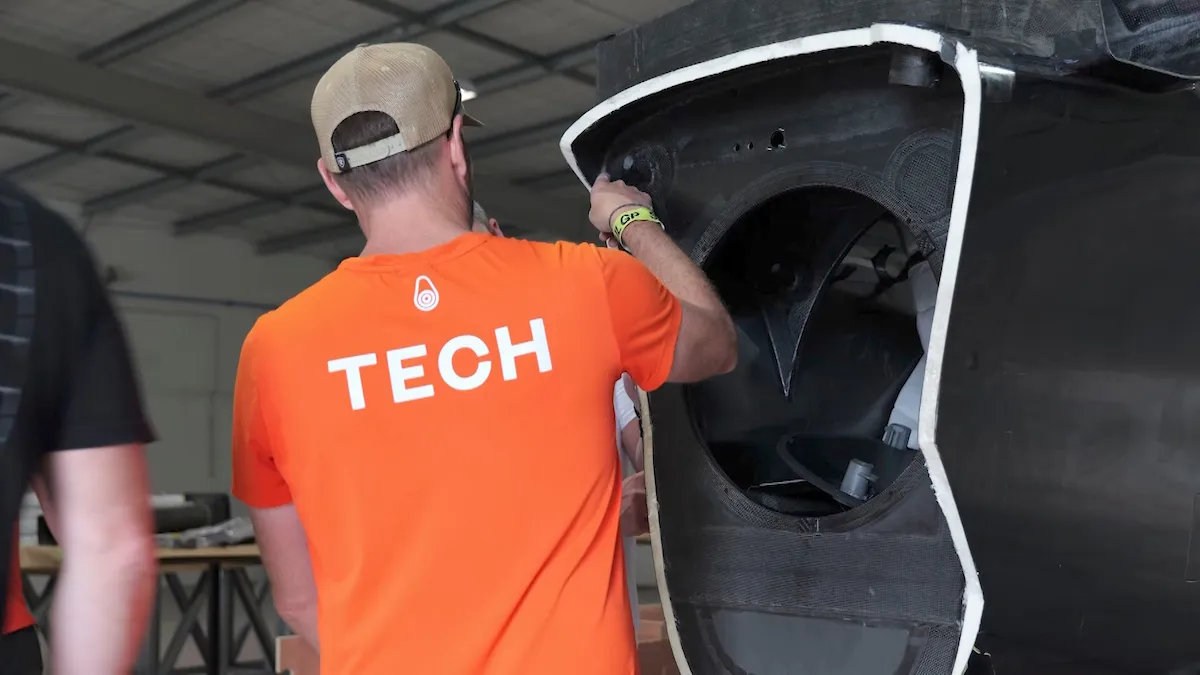The best sailors in the world are very intentional about how they prepare for big events, and know exactly what they want to achieve in the final lead up to the event.
At this point, your training should have ticked the major boxes for skills you need for this event. This includes things like boat speed, boat handling, and starting. Done properly, you should have already been preparing yourself for the racing conditions you expect at the event.
If it is a light wind venue, you would have sought out light wind conditions in your training. If it’s a venue with ocean swell, you would have gone to train somewhere with ocean swell. If it’s a small fleet, you would have trained in small fleets. You get the picture.
In reality, there is very little you can improve in the final week that will have a meaningful impact on your results.
The final week leading up to your key regatta should have very little to do with trying to improve, and much more to do with preparing your mind for competition.
Now I’m not saying you’re going to be doing a bunch of meditating or watching Rocky on repeat.
In this final week, you will be going through the same routine and daily structure as you will during the regatta so that when the time comes, there’s no surprises on race day and you know exactly where you need to be and when.
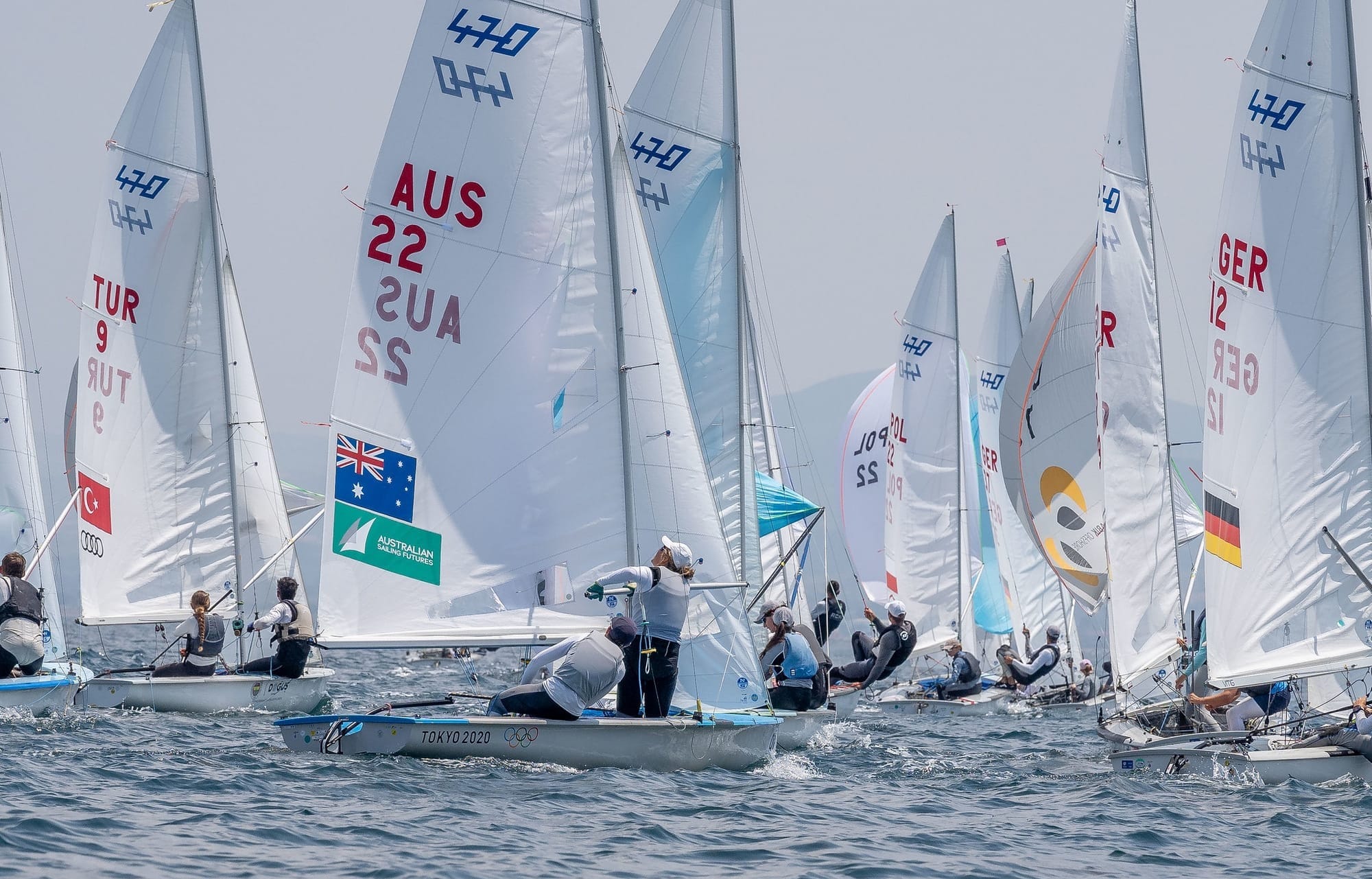
This is a non-exhaustive checklist of some of the things you will want to cover in your preparation:
- Your favourite supermarket/restaurant or foods (if in a foreign country/culture) in the area
- The meals you will have before racing
- Your transportation to the harbour
- Where your boat is stored
- How long it takes you to sail to the race course
- The clothing you need to wear on the water
- Sailing InstructionsTriple checking your boat setup (don’t introduce anything new)
- Applying regatta stickers
- Water bottles and on-water food
- Fine tuning for particular sea states, expected weather
- Where you sign on/sign off for racing
- Keeping the body active and fresh for racing (don’t want to be completely sedentary)
- The best website for local weather forecasts (check the predictions against what you experience each day)
I’m also not saying you shouldn’t do any sailing in the final days before an event. But when you do, it should be highly specific and not too strenuous. This will usually look like:
- Short sessions, usually 1.5 hours maximum
- Focus on racing and starting, ideally in the conditions forecast for the regatta
- On the water at the same time of day as races are scheduled to help you develop your daily routine.
As you get closer to the regatta, you will decrease the amount of time on the water to let your body recover in time for the first race day.
With your body recovered, and your mind and routines sorted, you’ll be ready to peak at the perfect time.
The Layline offers unfiltered tips and techniques from the best sailors in the world.
Join 1,000+ sailors using The Layline for access to information usually reserved for sailors paying $100s/hour for coaching.
Get all areas access to Yacht Racing Life with a Full Membership free 30-day trial. There's no obligation and you can cancel at anytime.


